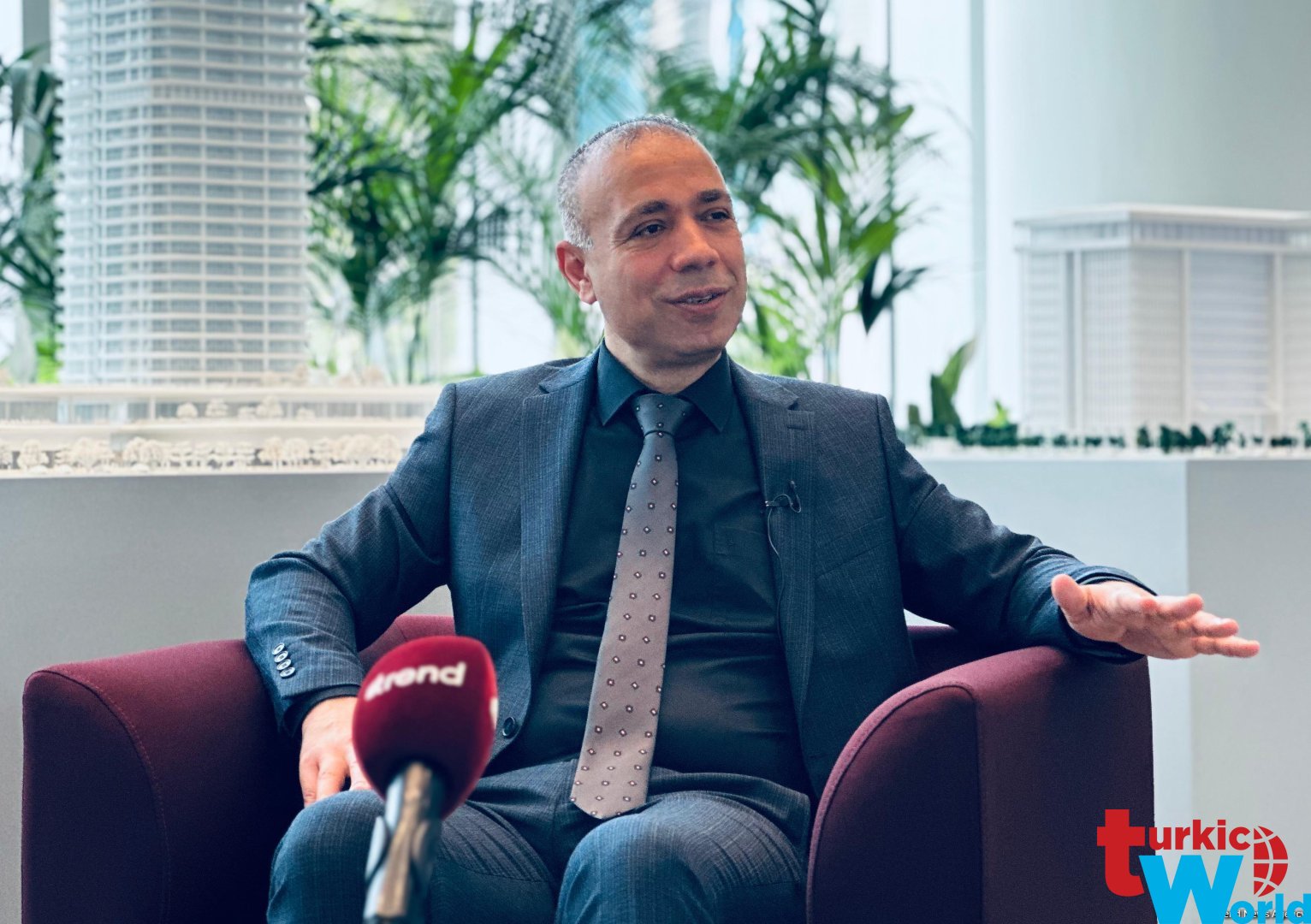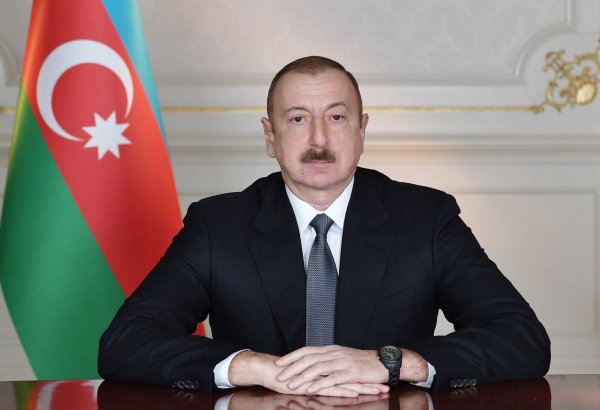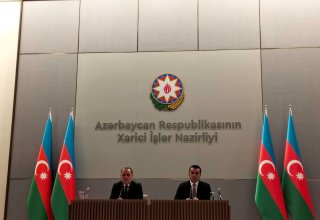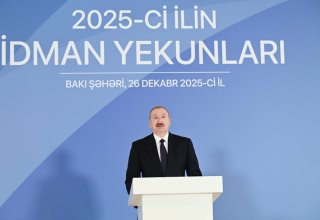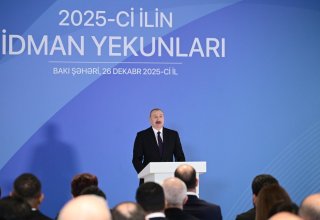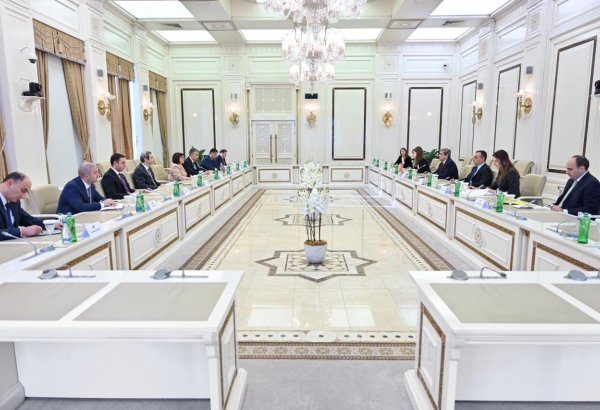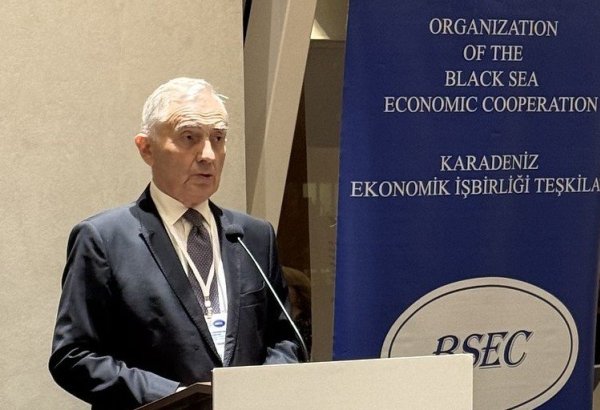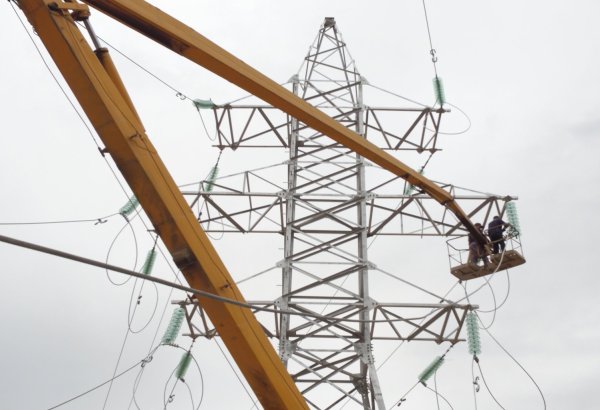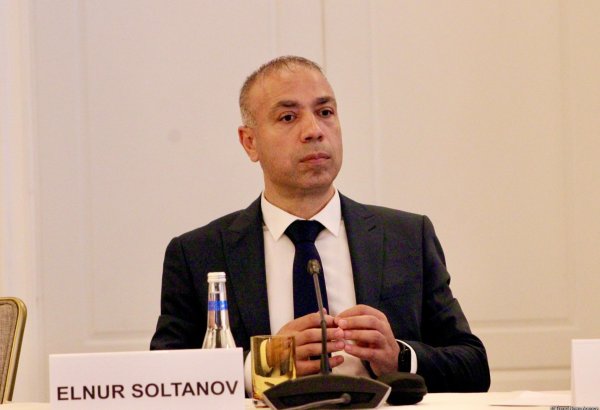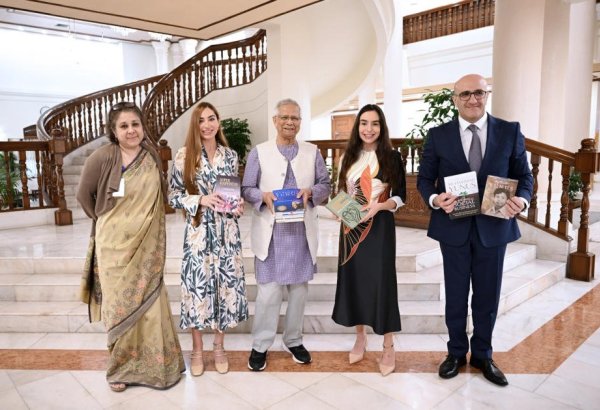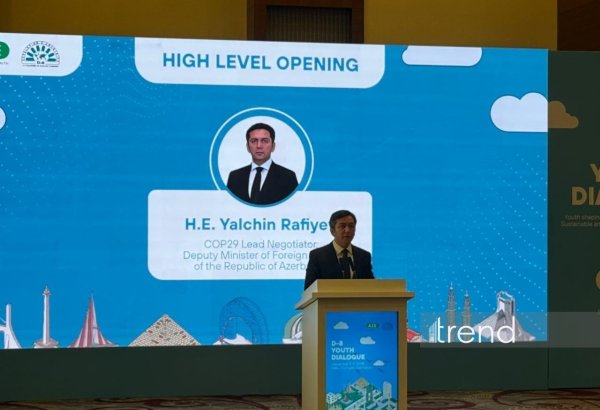BAKU, Azerbaijan, October 8. The hydrogen declaration being drafted for COP29 will address UN member states' common aspirations for hydrogen energy development, including hydrogen certification, Azerbaijan's Deputy Minister of Energy, COP29 Executive Director Elnur Soltanov told TurkicWorld
"The declaration won't be specific; it will be a document of intent. In my opinion, the main issue in global hydrogen strategy is the certification of different types of hydrogen, the cleanest of which is 'green' hydrogen.
Green hydrogen produces no greenhouse gas emissions, but the production and use of other types of hydrogen result in relatively high emissions, necessitating an individual certification. Therefore, separate hydrogen certificates are necessary, and this will be a topic of discussion at COP29," said Soltanov.
There is black hydrogen (produced from coal), gray (from natural gas via steam methane conversion), blue (closer to gray but positive as carbon dioxide is captured), turquoise (produced from methane with solid carbon formation), pink (using nuclear energy), white (natural, found rarely), and green (produced from water using renewable energy sources, with no greenhouse gas emissions).
In his role as chair of COP29, Soltanov emphasized that Azerbaijan has fourteen initiatives, including the hydrogen statement.
According to him, out of these 14 initiatives, three ("Green Energy Zones and Corridors," "Global Energy Storage and Networks," and "Hydrogen Declaration") aim to support solutions for achieving net zero in the energy sector worldwide and to accelerate the energy transition.
He mentioned that work on creating storage capacities for green energy has intensified in Azerbaijan, with the first phase involving 250 MW.
"This issue is overseen by the Azerenerji OJSC, and ACWA Power is also involved in this work. Based on the documents signed in May 2024 in Baku, it will assist in creating a 200 MW energy storage facility and will sell it to Azerenerji if needed. The storage of green energy is crucial for maintaining the balance of Azerbaijan's energy system and stabilizing energy supply when necessary," emphasized Soltanov.
He recalled the International Energy Agency's assessment that the "Global Energy Storage and Networks" declaration will reflect the need for a sixfold increase in global energy storage capacities.
The executive director of COP29 added that Azerbaijan's third initiative at COP29 regarding the energy transition involves "Green Energy Zones and Corridors," with plans for the presentation of several projects and the signing of contracts with companies operating in the country.
This November, Azerbaijan will host COP29. This decision was made at the COP28 plenary meeting held in Dubai on December 11 last year. Baku will become the center of the world and will receive about 70–80,000 foreign guests.
The United Nations Framework Convention on Climate Change is an agreement signed at the Earth Summit in Rio de Janeiro in June 1992 to prevent dangerous human interference with the climate system. COP—the Conference of the Parties—is the highest legislative body overseeing the implementation of the Framework Convention on Climate Change. There are 198 countries that are parties to the Convention. Unless the parties agree otherwise, the COP is held annually. The first COP event took place in March 1995 in Germany's Berlin with its secretariat in Bonn.








